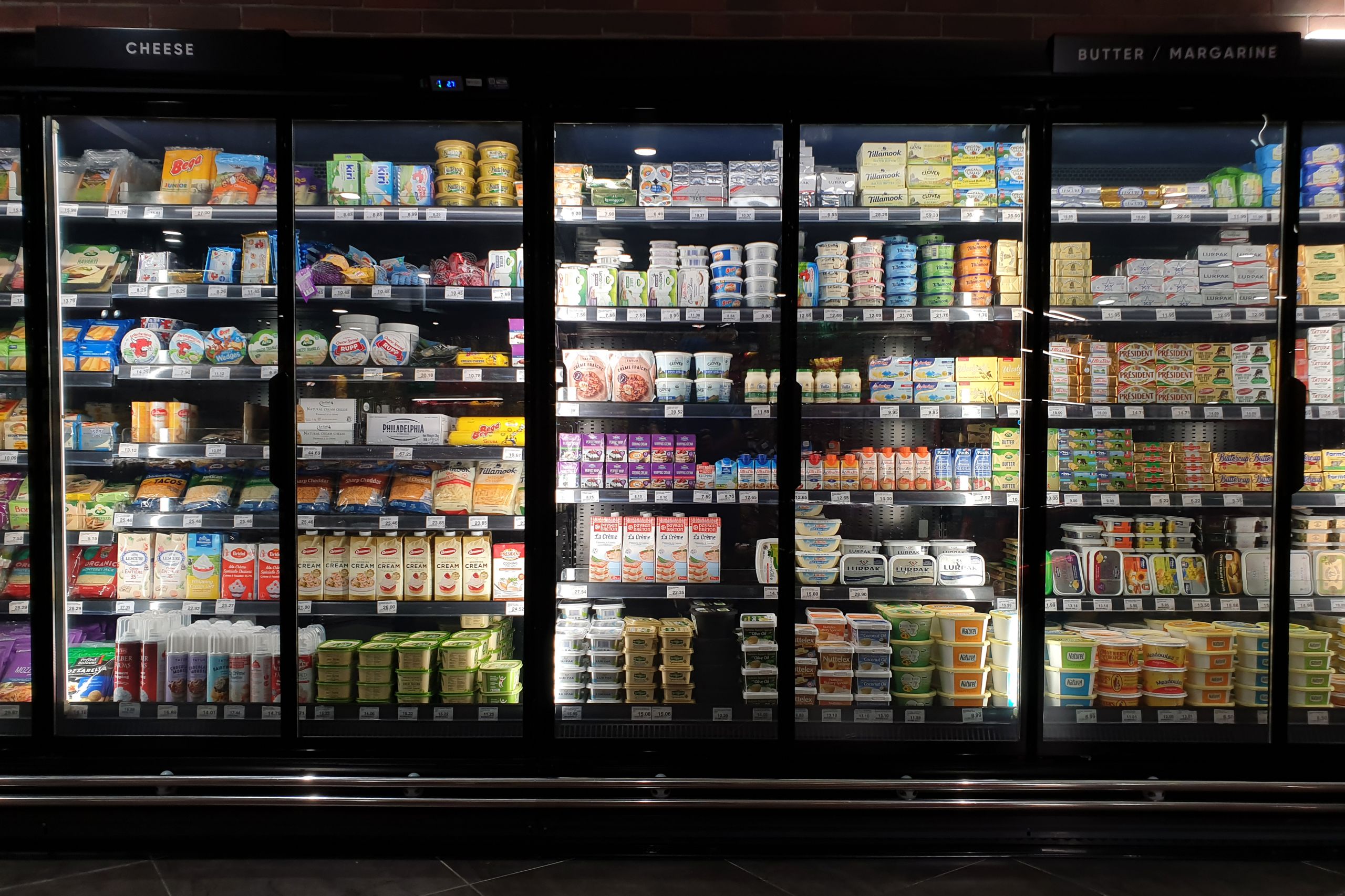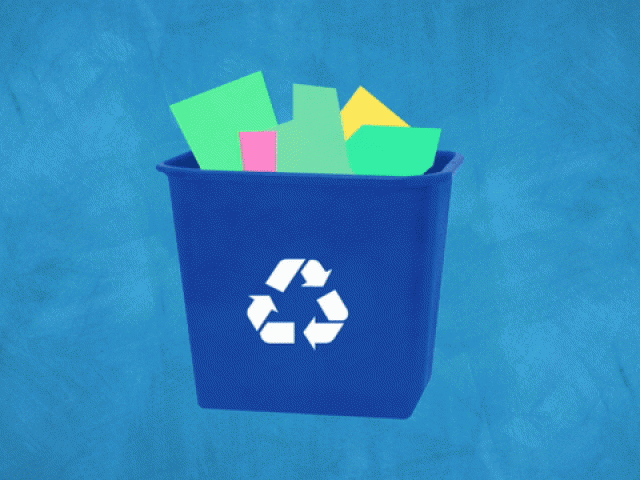By Chiara Aricó, former COSI student at CBS
How would you react if I told you that three simple words could help us solve a EUR 3 – 6 billion per year problem? What words, you may ask. Often Good After. Those are the three words that, placed next to the “best before” dates on food packaging, could help consumers to better understand the meaning of date labels and, as a consequence, waste less perfectly edible food.
I am confident many of us have experienced a similar situation: you grab some food from the back of the pantry, a pack of pasta hiding in a dark corner, or those chickpeas intended for homemade hummus that you ended up not making. You remember that food has been there for a while, not sure for how long, so you check the date label. It says, “best before: 30/07/2021”. Oh damn! That’s almost a month ago! Do I toss the food? Do I give it a chance?
If you aren’t sure about the answer, don’t worry, you are in good company. Data from the European Parliament suggest that about 53% of EU consumers do not know the correct meaning of “best before” labels.
The European Commission suspects that a worrisome 10 to 12% of food wasted at consumer level might be connected to date labelling issues. But before diving into the matter, let me leave here the official meaning – defined by the EU “FIC Regulation” – of the two most common date labels, “best before” and “use by”.
The “use by” date is needed for highly perishable food that is likely to represent a threat to human health when consumed after the date.
The “best before” date, instead, indicates how long the food should maintain its properties and qualities, such as flavour and texture, at their best.

(Photo: Shutterstock)
In other words, the “use by” date concerns food safety and you shouldn’t eat any food that has passed it. The “best before” date doesn’t deal with health and safety, it just tells us the date until which the supplier guarantees maximum quality. After this date, the food is still safe to eat and probably still tasty and nutritious. Meaning that you should definitely give the pasta and chickpeas a chance!
One of the solutions proposed to diminish the amount of food waste connected to date labels is to remove the “best before” dates from food with a long shelf-life, such as pasta and rice. However, the problem of misinterpretation of date labels is often exacerbated by the fact that many consumers have somehow lost touch with their food and do not feel confident in judging food quality and safety through their own senses. This means that removing the date labels might generate even more confusion and lead to food being discarded that has not even passed the date.
An alternative solution is the one I introduced at the beginning of this article: to convert the “best before” labels into “best before, often good after”. The Danish food waste company Too Good To Go is the main advocate of this transformation and it is promoting date labelling campaigns all over Europe, partnering with producers and convincing them to change the wording of their labels.
In Europe alone, we waste about 88 million tonnes of food every year. According to data from the EU, about 10 to 12% of these are connected to expiry dates
The reasoning behind this idea is that the way information is framed can influence our decision-making process. Adding “often good after” next to the “best before” on labels basically gives a gentle push (aka a nudge) to the readers – and eaters. It can stimulate their curiosity and increase the chances that their behaviour is based on the correct cues and not on misunderstandings.
We are far from being able to determine how much food a similar change could save. However, I conducted a survey on about 400 consumers for my master’s thesis and found that the likelihood of eating food that has passed its “best before” date increases by about 15% when the “often good after” is included. The data from the survey also shows that the correct interpretation of date labels becomes more likely in this nudged scenario.
In Europe alone, we waste about 88 million tonnes of food every year. According to data from the EU, about 10 to 12% of these are connected to expiry dates. A UK consumer survey from WRAP shows that food being out of date is the most costly component of avoidable food waste at home.
As mentioned in the first line of this blog, we are talking about EUR 3 – 6 billion of food wasted every year because of date labelling issues. Of course, some of that would be food that has passed its “use by” date, and a change in the date labelling wording is unlikely to make a difference. But can you imagine how much of that food is just a few days after its “best before” and could be saved with a better understanding of what this label actually means?
I am not trying to argue that simply adding “often good after” can be the solution to a systemic issue or can bring clarity to every single consumer out there. Nevertheless, I believe cost-effective initiatives like this one, matched with widespread awareness campaigns, can help us to save quite a lot of food, in an easy way. So, why not? Each meal can make a difference.





































































































































Comments